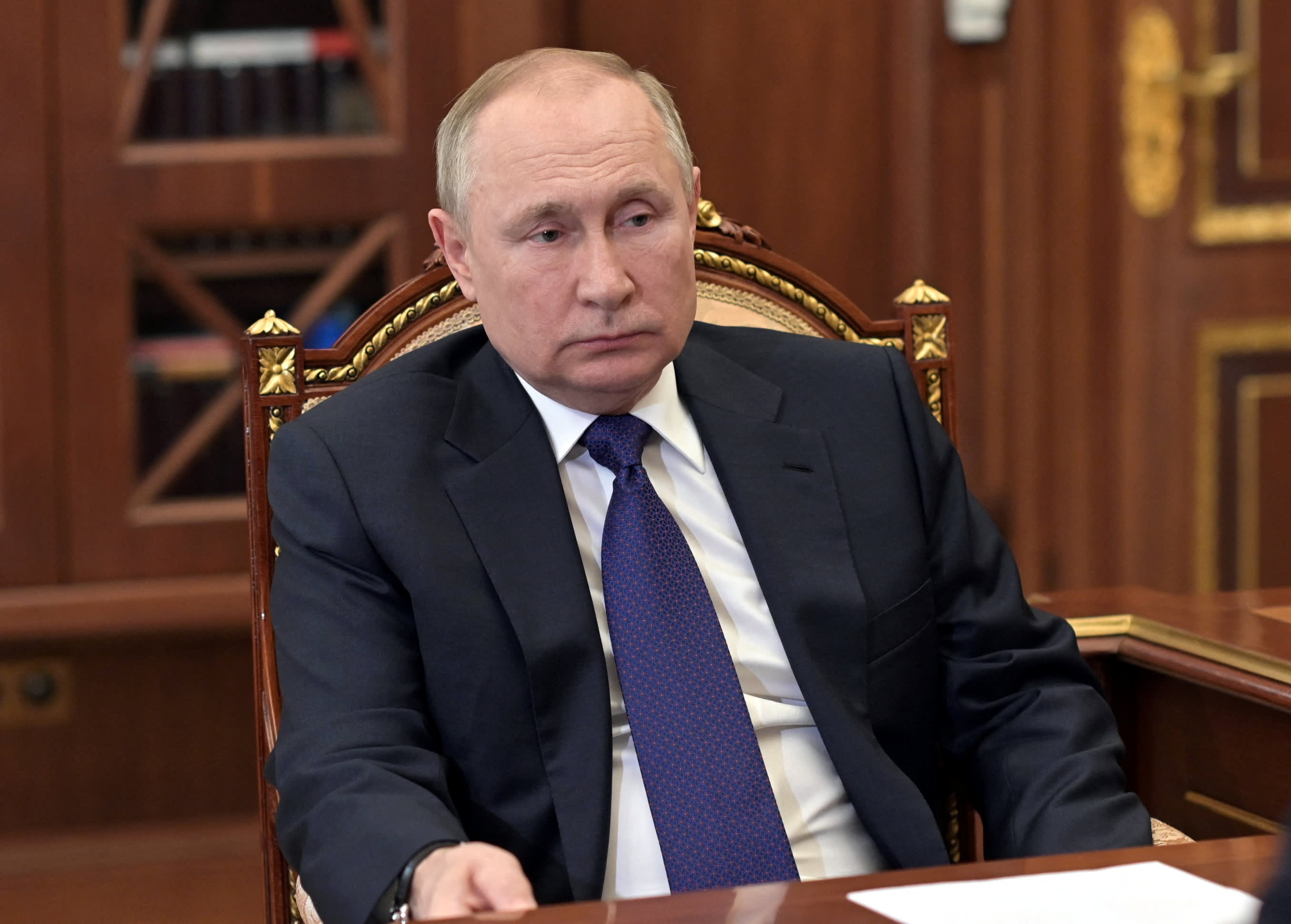
Meta Platforms, the parent company of social media giants Facebook and Instagram, clarified Monday that users cannot make posts calling for the assassination of Russia’s president Vladimir Putin or other heads of state.
Meta also said that a previously reported temporary easing of its hate speech policy only applies to allowing posts by users in Ukraine making threats to the attacking forces and “only in the context of speech regarding the Russian military invasion of Ukraine.”
The clarification comes days after Reuters first reported that Meta had changed guidance for its hate speech policy in Russia, Ukraine and Poland to allow for such death threats against Putin and his ally Belarusian President Alexander Lukashenko because of the invasion, now in its third week.
Reuters also reported Thursday that Facebook was allowing calls for violence against Russian soldiers in those three countries and several others in Eastern Europe, the Baltics and western Asia.
The clarification comes after Russia opened a criminal inquiry into Meta on Friday because of the change in its hate speech policy, and after the country restricted users’ access to Instagram. Russia blocked Facebook on the heels of the invasion after the platform put limits on government-affiliated media outlets
In an internal post on Sunday, Meta President of Global Affairs Nick Clegg wrote the company is “now narrowing its focus to make explicitly clear in the guidance that it is never to be interpreted as condoning violence against Russians in general.”
“We also do not permit calls to assassinate a head of state,” Clegg wrote in the post, which was first reported by Bloomberg on Sunday.
Meta confirmed the contents of Clegg’s post to CNBC.
Clegg tweeted on Friday about the rationale for the easing of Meta’s hate speech policy.
“I want to be crystal clear: Our policies are focused on protecting people’s rights to speech as an expression of self-defense in reaction to a military invasion of their country,” he wrote.
“The fact is, if we applied our standard content policies without any adjustments we would now be removing content from ordinary Ukrainians expressing their resistance and fury at the invading military forces, which would rightly be viewed as unacceptable.
Clegg added: “To be clear, we are only going to apply this policy in Ukraine itself. We have no quarrel with the Russian people. There is no change at all in our policies on hate speech as far as the Russian people are concerned. We will not tolerate Russophobia or any kind of discrimination, harassment or violence towards Russians on our platform.”




















